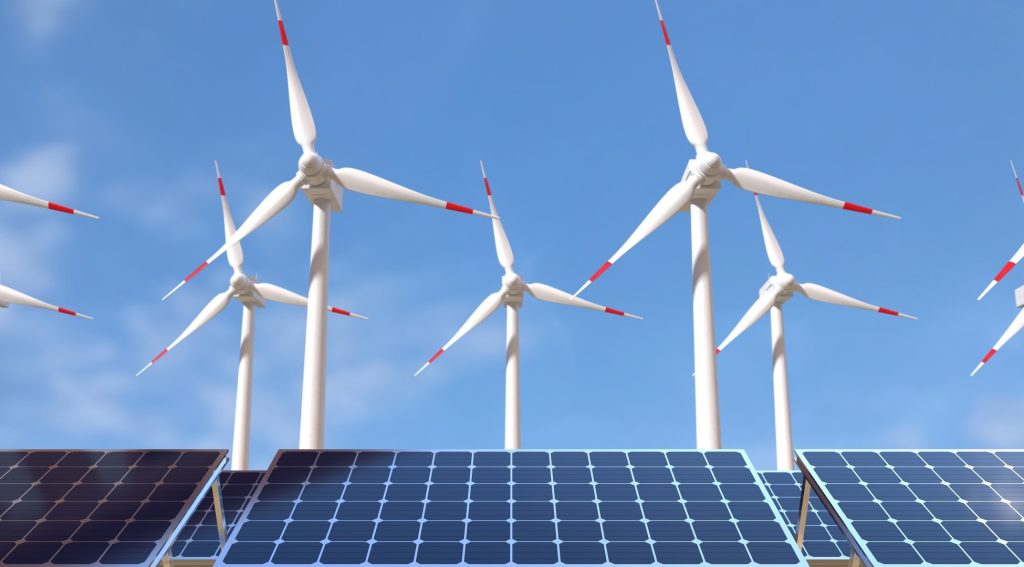In a move aimed at simplifying price discovery and accelerating renewable energy capacity deployment, the power ministry announced that it has scrapped the uniform tariff mechanism and dissolved central pricing pools for renewable energy purchase agreements.
The ministry explained that significant renewable energy capacity is currently awaiting power sale agreement (PSA) signings. To speed up deployment, it has withdrawn the order implementing the Uniform Renewable Energy Tariff (URET) mechanism, the ministry said in a statement.
Consequently, the Solar Power Central Pool and Solar-Wind Hybrid Central Pool shall stand dissolved, it said.
Earlier, the ministry had ordered implementation of URET from February 15, 2024 for three years up to February 14, 2027.
The URET mechanism and the associated central pools were notified to address the potential impact on procurers in the context of declining bid-discovered prices.
However, Renewable Energy Implementing Agencies (RElAs) and RE developers have expressed concerns over procurers reluctance towards signing PSAs (power sale agreements) under URET on account of uncertainty of tariffs over a three-year period, the ministry said in its latest order.
A number of renewable energy projects have been stalled in the absence of advanced power purchase pacts which are required to fund these projects.
The ministry, however, said that the the bids received and letters of award issued under URET so far shall remain valid on a standalone basis and may be considered for the signing of power purchase agreements.
The REIAs may proceed to execute the PSAs/PPAs with the procurers/developers for these bids, it said.
India aims to have 500 GW of renewable energy by 2030. The country has 185 GW of renewable energy installed capacity as of June 30, 2025, which exclude around 50 GW of large hydro energy projects.













